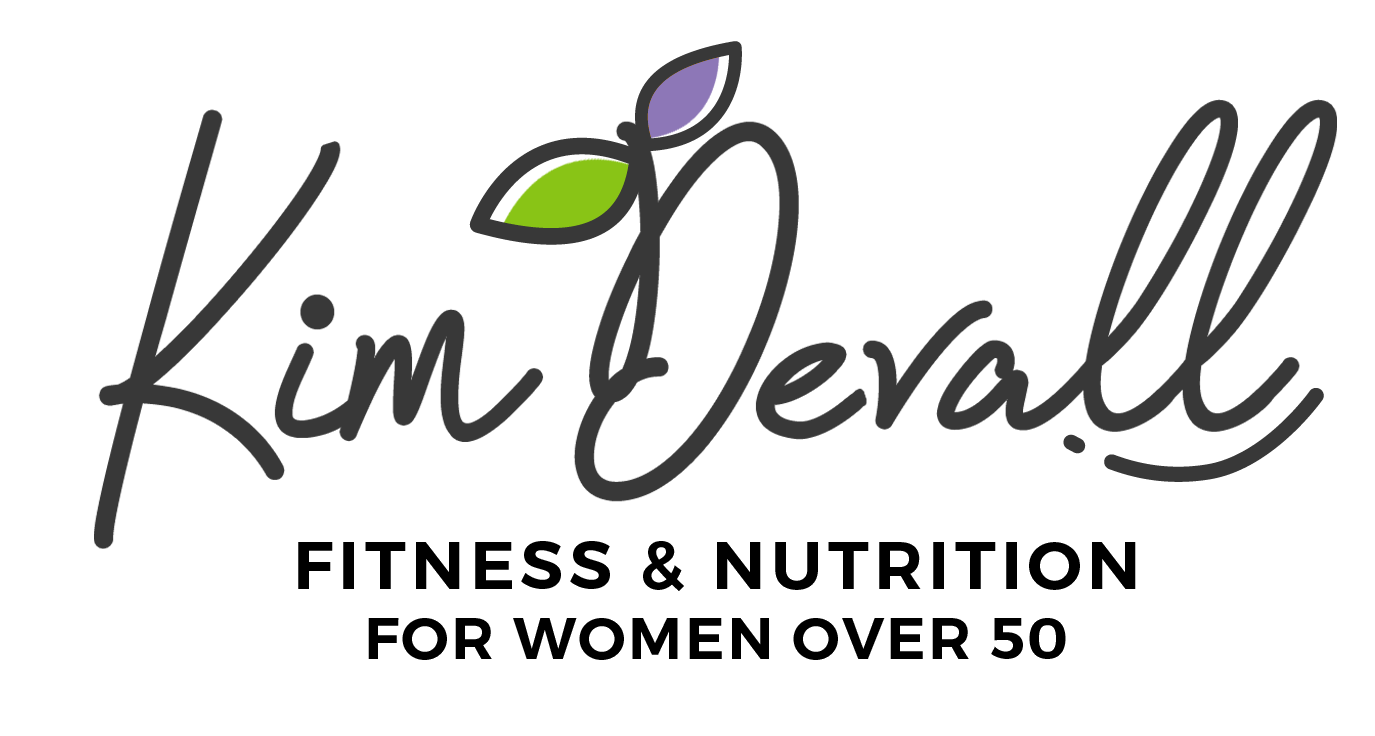You may have heard friends in the gym talking about BCAA’s and wonder if you’re missing out on the secret to building muscle. BCAA’s are often assumed to be supplements, but before you rush off to your local supplement store it’s important to understand what they are and if they are really necessary.

What are BCAA's?
You’ve probably heard of BCAA’s. Do you know what they are?
BCAA’s are branched chain amino acids. Ok, that may not mean a whole lot. What’s important is that “BCAA’s” refers to a combination of 3 essential amino acids.
Our bodies need 20 different amino acids.
9 of these amino acids are considered essential, meaning they cannot be made by the body. You must consume them.
3 of these essential amino acids (Leucine, Isoleucine and Valine) make up the branched-chain amino acids (BCAA’s) which are considered most important for building muscle.
Now, when you hear someone talking about BCAA’s you know they are talking about Leucine, Isoleucine and Valine. And, even more likely, they are referring to a BCAA supplement.
New here? Thanks for stopping by or welcome back. After you read this blog, be sure to check out some of my other articles for women over 50 who want to lose body fat, build muscle, create phenomenal bodies they love.
What are the benefits of BCAA's?
While more research is always needed, most research to date supports several benefits of consuming BCAA’s.
- Improved athletic performance
- Increased muscle growth
- Reduced muscle soreness
- Slows muscle loss
- Preserves muscle storage of glycogen (energy used by muscles)
Whether you are wanting to build more muscle or slow the muscle loss that occurs naturally as we get older, these are pretty important benefits to aid in your quest.
Primary role of each BCAA
Here are the primary roles of each amino acid within the branched chain amino acids.
- Leucine is critical for protein synthesis and muscle repair. It also helps regulate blood sugar levels.
- Isoleucine is involved in muscle metabolism (consumption of energy so muscles can work). It’s also important for a healthy immune system.
- Valine helps stimulate muscle growth.
The big question is...
Do you need to take BCAA supplements to get these benefits?
I my opinion… No. While BCAA’s do appear to play a role in building muscle, my recommendation is to get them from real food.
I, personally, get all of my BCAA from real food – ie. protein.
Let’s first take a look at Leucine, which is thought to be the most beneficial of the three amino acids due to it’s ability to stimulate muscle growth.
BCAA: Leucine
Leucine: how much do you need?
The recommended daily intake is 17.7 milligrams per pound of body weight. For a 130-pound woman wanting to build muscle that would equate to approximately 2- 2.5 grams of leucine.
Foods highest in Leucine
Here are a few common foods that provide leucine.
- 20-25 gram scoop whey protein – 2 – 2.5 grams
- 3 oz chicken breast – 2.25 grams
- 1/2 cup 1% Cottagecheese – 1.3 grams
- 1 oz Pumpkin seeds – .7 grams
- 1 extra large egg – .6 grams
- 1c cooked oats – .5 grams
- 1/3c canned navy beans – .7 grams
- 1c cooked lentils – 1.3 grams
- 1 oz peanuts – .5 grams
As you can see, one whey protein shake or a 3 oz chicken breast provides the recommended amount of leucine for a 130-pound woman.
The above list is only a sampling of the foods with leucine.
If you’re eating enough protein, you are almost assured of getting enough leucine.
BCAA: Isoleucine
Isoleucine: how much do you need?
The recommended daily intake is approximately 9 milligrams per pound of body weight. For a 130-pound woman wanting to build muscle that would equate to approximately 1.2 grams of isoleucine.
Foods highest in Isoleucine
Here are a few foods high in Isoleucine:
- 3 oz lean chicken breast – 1.3 grams
- 1 cup cooked lentils – .7 – .8 grams
- 1 oz pumpkin seeds – .3 grams
- 6 oz pork chop – 2.5 grams
- 1 cup firm tofu – 2.1 grams
By eating one serving of lean chicken breast, you’ve consumed plenty of isoleucine for the day.
BCAA: Valine
Valine: how much do you need?
The recommended daily intake is approximately 11 milligrams per pound of body weight. For a 130-pound woman wanting to build muscle that would equate to approximately 1.4 grams of valine.
Foods highest in Valine
Here’s just a sampling of foods high in valine:
- 3 oz lean chicken breast – 2.8 grams
- 6 oz pork chop – 2.7 grams
- 1 cup firm tofu – 2.2 grams
- 1 cup low fat yogurt – 1.2 grams
Eating one serving of chicken breast provides the recommended allowance of all three amino acids, making a BCAA supplement unnecessary.
NOTE: The BCAA levels within the foods listed above are estimates. The foods listed are a very small representation of all the foods that contain these 3 amino acids.
If you are not eating these specific foods, it does not necessarily mean you are not getting enough BCAA’s. I recommend you check with a registered dietician for more detailed analysis of your specific diet.
Why BCAA supplements are not necessary for building muscle
- If you are eating enough protein, you are most likely getting plenty of the 3 amino acids making up BCAA’s.
- There doesn’t appear to be any added benefit to getting more than the US daily recommended allowances.
- While FDA regulations do not require BCAA supplements to show calories for amino acids. That does not mean there are no calories. A good estimate is 4 calories per gram.
- If you’re not low in BCAA’s, a BCAA supplement is just an expensive flavored water.
